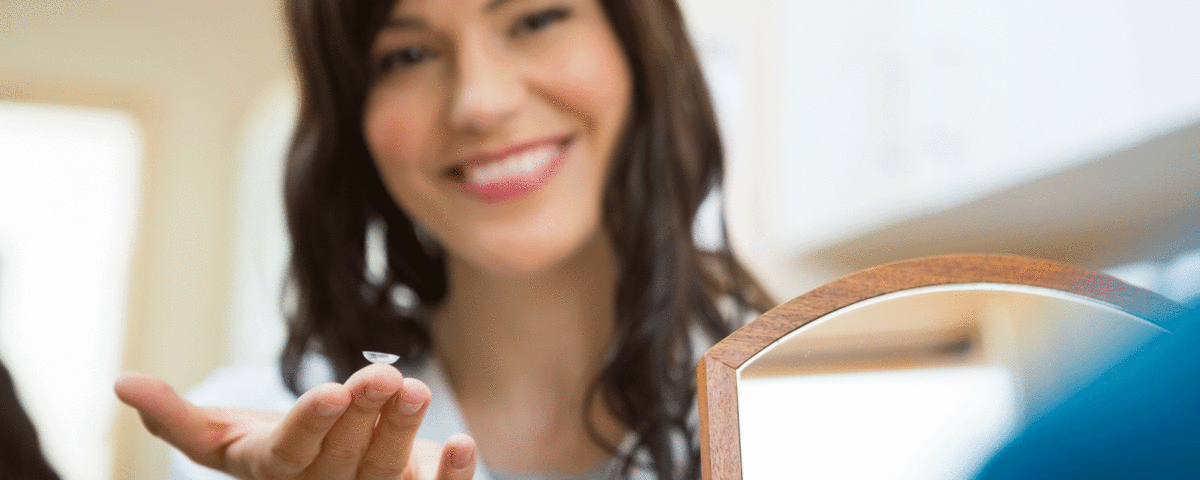- Schedule Online | Patient Login | Call or Text
- (734) 725-2020
- [email protected]

Cheap Contact Lenses, Costly Consequences
October 13, 2016
I Signed Up For A Flexible Spending Account (FSA), Now What?
December 13, 2016Are you one of the 40 million Americans who wear contact lenses? According to the CDC, there’s a 99% chance you have at least one unsafe hygiene behavior. Whether you are a rookie or veteran contact lenses wearer, it sounds like we might need to recap proper contact lens hygiene.
Proper handling of contact lenses should include:
- Washing your hands with soap and water, rinsing thoroughly, and drying with a clean, lint-free towel. Avoid hand sanitizer and soaps with lotion.
- Inspecting your lens before putting it in your eyes. Make sure it is not inside out, and look for nicks or tears.
- Rinsing a lens with fresh solution before inserting it in your eye, especially if it came out of contact lens case. If it was a new lens, it does not need to be rinsed right out of the package.
- Using the same hand washing technique as you did in the morning when it’s time to take your lenses out.
- Cleaning and disinfecting your lenses with fresh solution each night, keeping them in the case for a full 6 hours.
The top contact lens hygiene mistakes:
- Sleeping or napping in contact lenses
This reduces the amount of oxygen your eye gets and doesn’t allow for cleaning or disinfection. - Showering or swimming in contact lenses
This exposes your contact lenses to bacteria that sit on your eye and can lead to infection. - Extending the recommended replacement
Contact lens materials breakdown over time. The recommended replacement comes from research and testing for safety. - Topping off solution (re-using the leftover from the day before)
Solutions are meant for single use only. Once your fingers have gone back in the case, the solution is contaminated. This also encourages a biofilm to grow in the case. - Using tap water to rinse contact lenses
Same exposure as showering and swimming, there is a lot of bacteria lurking in tap water.
Although wearing contact lenses puts you at a higher risk of getting infections, when worn, cleaned, and replaced on schedule contact lenses are a safe way to see better. Annual eye exams are important as a contact lens wearer, schedule yours today.


